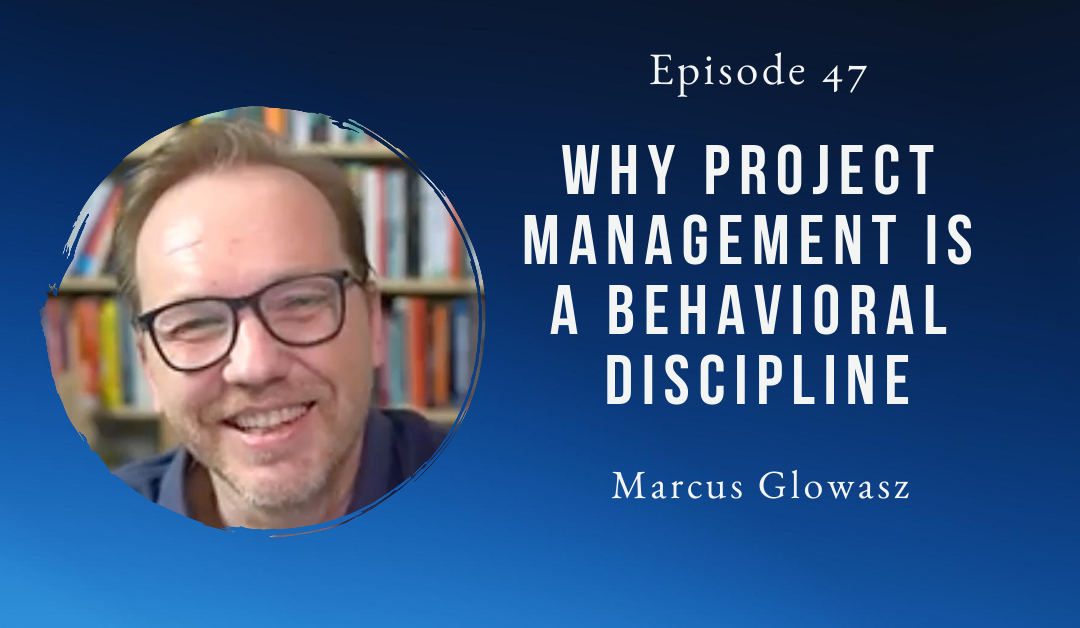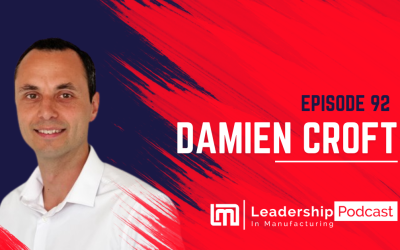Episode 47
Why Project Management is a Behavioral Discipline

The world of data analytics is changing at warp speed. New technologies are emerging every day, and we’re seeing unprecedented amounts of data being generated. This means that we need to be able to analyze this data quickly and efficiently. We must use data to help us make better decisions.
But data alone isn’t enough. Without human insight, we may not understand the data well enough to make effective decisions. So we need to combine data analysis with human experience.
Host
Sannah Vinding
Guest
Episode
E47
Key takeaways



Data is there to inform us and support us in our decision-making.
Human insights and data are needed because they give us the ability to see the big picture and identify patterns, trends, and exceptions. We can look at the past to predict the future, and we can analyze our current situation to improve our performance. By understanding the context of any given situation, we can take action and make informed decisions that lead to successful outcomes.
The difference between seeking data and discovery is that seeking data is a process by which we try to understand something without having any idea of what it really is. Discovery is a process by which you gain knowledge about something. So, if you seek data, you may end up finding nothing. On the other hand, if you discover something, you may end up learning something new.
Marcus Glowasz

Marcus Glowasz
Transformation Strategy Advisor & Facilitator, Executive Coach
Help leaders and teams to future-proof their ways of delivering and managing critical change initiatives and optimize strategy execution in today’s fast-paced, high growth and rapidly changing global environments.
Most of the time, it’s not even a people problem. It’s the process problem.
Successful project managers understand that failing is part of the process. Failure is inevitable, and it should never be viewed as something bad or negative. Instead, it should be embraced as a learning opportunity. Every project manager knows that mistakes happen, and they should be expected. However, by embracing these mistakes and learning from them, you can avoid repeating them in the future. By understanding that failure is a natural part of any project, you can focus on the things that matter most. Your team members will feel supported and appreciated, and you’ll be able to move forward with confidence knowing that you’ve learned valuable lessons along the way.
Project management is a discipline that requires constant improvement. The best way to improve your project management discipline is by collecting data. By keeping track of everything that happens during projects, you can see patterns and trends that can help you identify areas where improvements could be made. Another great way to improve your project discipline is to take note of the experiences of others. Find out what works and doesn’t work for different teams and individuals. Learn from these examples and apply them to your own projects. And don’t forget to keep learning from your mistakes. Every failure teaches you something, and those lessons can help you avoid repeating the same mistakes again.
Listen Now
Related Episodes
Adapting to Technical Changes and Embracing Data in Manufacturing – Maryellen Stack – Episode 93
Discover how digital platforms, self-service models, and collaborative CRM systems are shaping the electronics component industry. Guest: Maryellen Stack, Host: Sannah Vinding. Leadership in Manufacturing Podcast
The Role of Empathy and Blameless Problem-Solving in Effective Leadership – Damien Croft – Episode 92
In Episode 92, I had the honor of speaking with Damien Croft, General Manager at NorComp, about building high-performance teams and fostering a culture of excellence, accountability, and creativity
New Episodes
Bi-Weekly Tuesday


